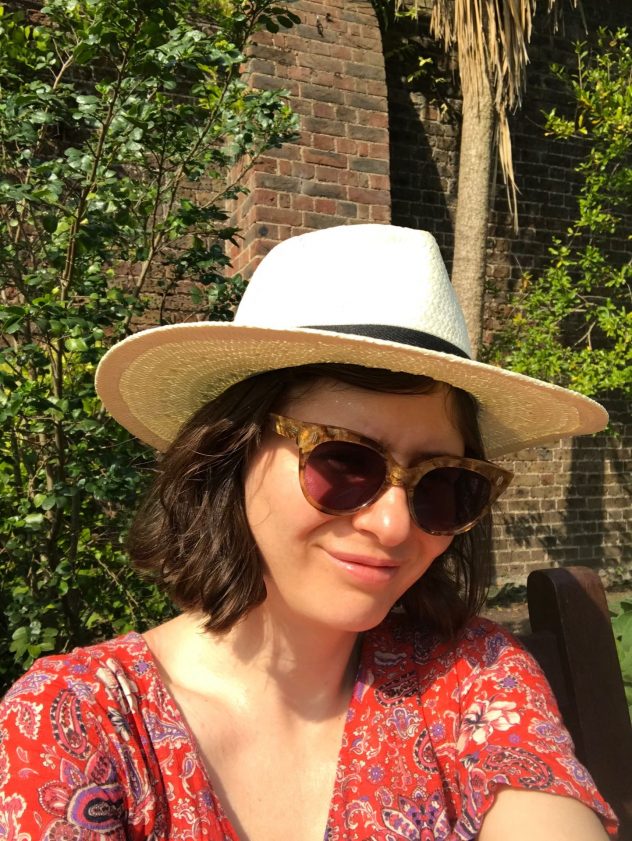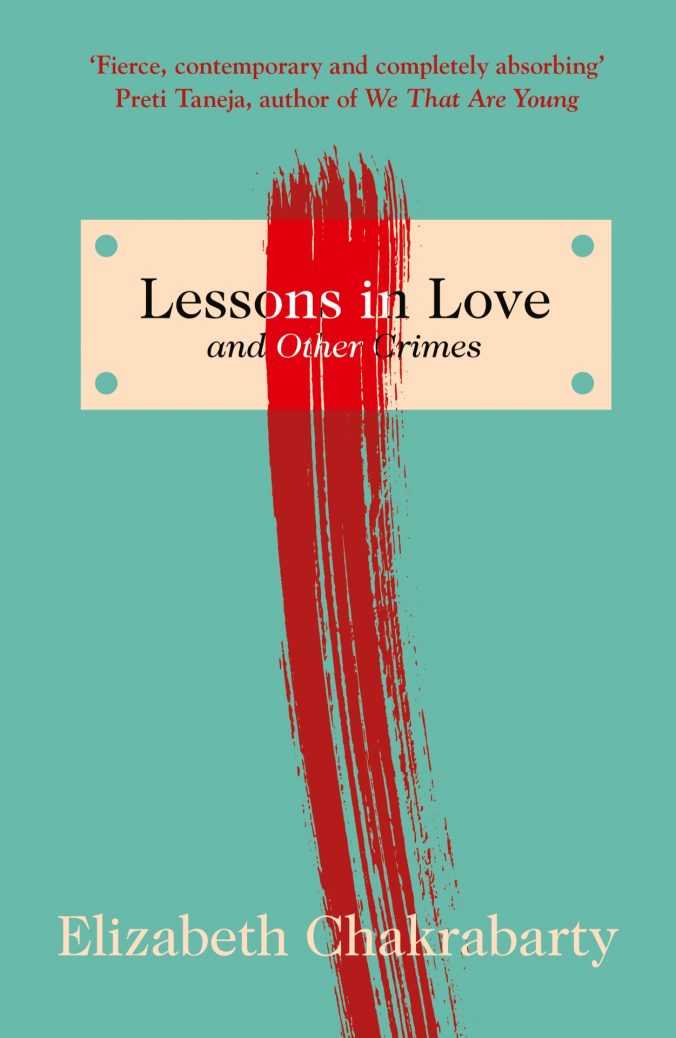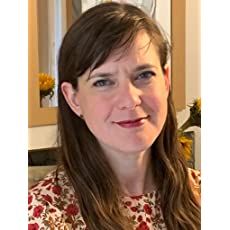By Laurence Kershook
Thursday 11th October 2018: the first session of City, University of London’s 2018-19 Novel Studio course. Fourteen would-be novelists seated side-by-side around a table back in those distant days when people used to sit side-by-side around tables and not think anything of it: no masks, no social distancing, no worries; just a shared eagerness to take the first tentative steps that would eventually lead to us writing our novels and fulfilling our ambition to see them published.
Fast forward to Thursday 24 March 2022. The date when my debut novel, The Broygus, finally went on sale on Amazon in both paperback and e-book formats. Between those two dates there’d been seven re-drafts, three editorial assessments, a global pandemic and around forty submissions to agents.

In common with so many people, I’d long thought about writing a novel, and had mulled over various ideas – in my head and occasionally on paper – about what sort of story I’d like to tell. But it wasn’t until my friend Jane, herself a Novel Studio alumna, told me about her experiences on this course that I thought, maybe this is the time. So, after submitting a sample of my writing and being invited to come along for an interview, I was in.
The things I learned in that year were a total revelation to me: the three-act structure, the character arc, the inciting incident… plot, sub-plot, synopsis … a whole new language to learn, and most importantly a powerful set of tools to acquire. I’m happy to say that ours was a friendly, supportive group; we all felt that we could safely share our writing efforts with each other in the workshop sessions, and give and receive feedback with openness and confidence.
What I remember most vividly is the week when it was the moment for our newly-developed plot synopses to be evaluated in one-to-one tutorials. When it came to my turn, my tutor Emma Claire Sweeney amazed and impressed me by going straight to the heart of my plot, putting her finger decisively on its weakest point and offering me an inspired suggestion that gave me the key to making the whole thing work. True, it meant I’d have to demolish the entire structure and start all over again, but she’d given me such a good idea that I was only too happy to take that on. And looking back, if I hadn’t been on that course, if Emma hadn’t made that suggestion, The Broygus simply wouldn’t have come to life.
By the end of the course my novel had pretty well taken shape, and after a second re-draft prompted by a meticulous line-by-line edit from Rebekah Lattin-Rawstrone – an optional extra and totally worthwhile – I prepared my introductory letter and sent out the first of my forty submissions to agents.
Here’s where I have to admit that not one of my submissions was successful. There eventually came a point where I had to come to terms with the fact that, whatever its reasons, the publishing industry simply didn’t seem to want The Broygus. But after going through the stage, well-known to writers, where I thought about throwing my manuscript into the trash and taking up pottery or knitting, I regained my belief in The Broygus, together with a renewed determination to see it published.
In the third term of the course, the one that focused on the business aspects of the writer’s journey, I’d learned some facts about the publishing industry that had left me, frankly, uncomfortable. Top of the list: your novel must fit into an identifiable genre category. Is it a romance? A thriller? A family history? Is it YA, or speculative, or maybe post-apocalyptic? I learned that you need this clear genre identity so that an agent will consider taking you on, a publisher will know how to market your book and a bookseller will know which shelf to put it on. And then, publishers want readers to be able to identify your book with recent successful ones they may have read. Example: “A love story for the young and free –– think Eleanor Olliphant crossed with Where the Crawdads Sing.”
None of this sat comfortably with me, and I found myself, whether rightly or wrongly, coming more and more to think of agents and publishers as the unassailable gatekeepers and arbiters of readers’ tastes. And I could see that my novel was doomed to failure because I was incapable of fitting it into any of those required categories. Or maybe there was another reason: maybe I should accept that it just wasn’t good enough. But that wasn’t the message I was getting back from the few carefully chosen, plain-speaking people I’d invited to read it.
What finally got me where I wanted to be was my introduction to self-publishing. Once considered very much the poor relation of the publishing industry – and sadly it hasn’t altogether shaken off that stigma – it’s now accounting for a steadily-growing segment of the industry’s output. Acting on the advice of other writers who’d successfully gone down that path, I did some research and met with some industry people who had the necessary know-how. It’s via that route that The Broygus was eventually published, and so far it’s working out very well.
Of course, self-publishing isn’t entirely straightforward; in fact, there are definite drawbacks in contrast to the conventional agent-publisher route. But counter-balancing all of those is the very liberating feeling you get of being in the driver’s seat and in control of your own destiny –– and above all, knowing that it’s only on the judgement of readers that your novel will stand or fall. All I can say is, it’s working for me. And thanks, Novel Studio, for the essential part you played in enabling me to bring The Broygus to life.
About the author
Previously a teacher, education consultant and gigging jazz musician, Laurence Kershook grew up and went to school in Hackney, East London. He completed his first novel, The Broygus, after graduating from City’s Novel Studio.
Charting the history of a Jewish East End family torn apart by events spanning three-quarters of the twentieth century, his novel follows one family member’s determination to see the hurts healed and the conflicts laid to rest.
You can buy The Broygus in paperback or e-book.
If you are interested in applying to the Novel Studio, applications are now open for 2022/23 with a deadline of 29th April 2022.















 he course has a
he course has a 



 Stephen King’s tribute to his ‘divine’ editor – from his book On Writing: A Memoir of the Craft – is a creed all writers should live by. Yet when I recently turned my red pen on my own writing on a
Stephen King’s tribute to his ‘divine’ editor – from his book On Writing: A Memoir of the Craft – is a creed all writers should live by. Yet when I recently turned my red pen on my own writing on a 

 Alex gave interesting and thoughtful answers to my questions, allowing the audience a chance to investigate some of the novel’s central concerns and the particulars of Alex’s writing practice. Inspired by her voluntary work, we were amazed that Alex is able to write in front of the television and that she has already written another novel and is halfway through her third. Go, Alex! We can’t wait to read the next one!
Alex gave interesting and thoughtful answers to my questions, allowing the audience a chance to investigate some of the novel’s central concerns and the particulars of Alex’s writing practice. Inspired by her voluntary work, we were amazed that Alex is able to write in front of the television and that she has already written another novel and is halfway through her third. Go, Alex! We can’t wait to read the next one!

Recent Comments